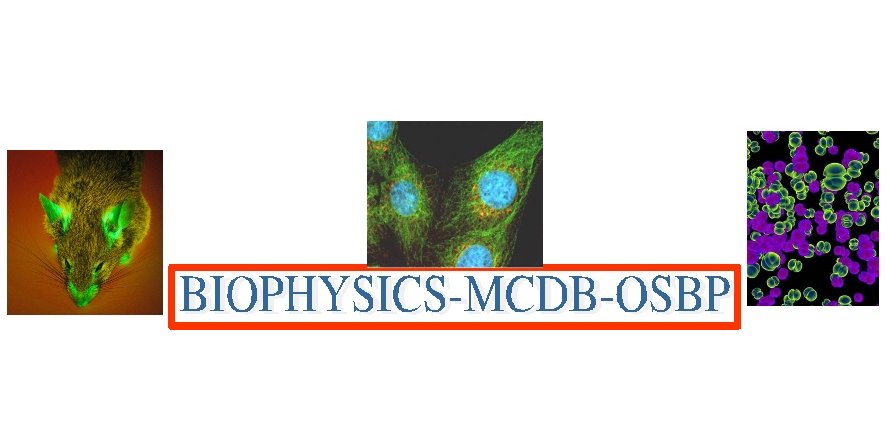Interdisciplinary Graduate Programs Symposium

2012 OSU Molecular Life Sciences
Interdisciplinary Graduate Programs Symposium

Poster abstracts
Abstract:
M13 procoat is the major coat protein of the M13 phage and was initially thought to spontaneously insert into the membrane during phage infection. In the year 2000, it was shown that YidC a newly discovered inner membrane protein, was involved in inserting M13 procoat into the membrane.
In this study, we examined the effect of charged mutations in the periplasmic loop as well as the signal peptide and membrane anchor of procoat in order to probe the determinants that can cause switching from the YidC only pathway to the YidC/SecYEG pathway. The SecYEG pathway is the major pathway for inner membrane protein insertion as well as protein export across the membrane in bacteria and can function independently or in cooperation with YidC.
We also tested the hypothesis that SecA functions as a targeting factor and determines which proteins such as the -3M (containing 3 negative charges in the middle of the periplasmic loop) and -5 procoat (containing a total of 5 negative charges in the periplasmic loop) require SecYEG for insertion. In cells depleted of SecA, then the -3M and -5 procoat proteins can insert efficiently into the membrane, as they are not targeted to the SecYEG pathway. Additionally depletion of SecE (which in turn causes degradation of SecY and SecG) still allows the procoat mutants to insert efficiently into the membrane showing the proteins are still capable of inserting by the YidC only pathway.
Finally increasing the hydrophobicity of the transmembrane segments allows procoat to insert in a YidC/SecYEG independent manner.
Keywords: YidC, SecYEG SecA, Procoat